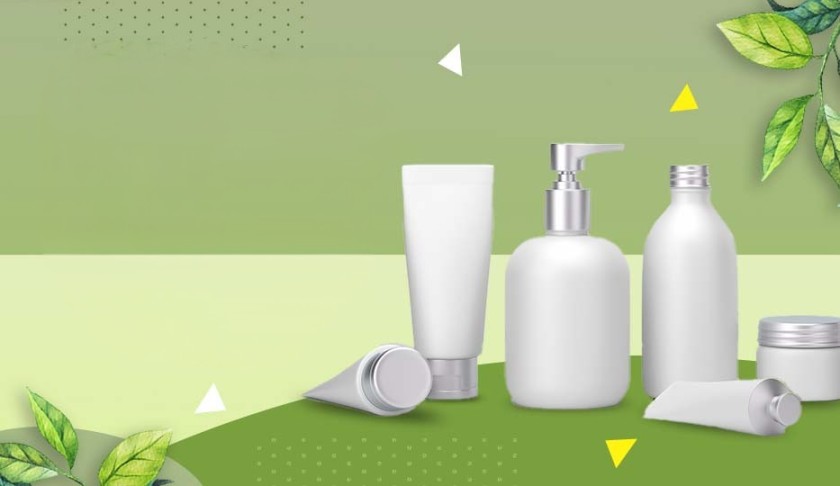
Private Label Organic Skincare
Introduction
In recent years, organic skincare has surged in popularity, driven by consumers’ increasing desire for natural and chemical-free beauty products. Among the many trends within this sector, private label organic skincare stands out as a promising opportunity for both new and established brands.
What is Private Label Organic Skincare?
Private label organic skincare refers to products that are manufactured by one company but sold under another brand’s name. This allows businesses to offer high-quality, organic skincare formulations without investing in their own production facilities. Private labeling offers a unique opportunity for brands to differentiate themselves, create their own identity and target specific consumer segments.
The Growing Demand for Organic Skincare
The demand for organic skincare products has been steadily rising in recent years. Consumers are becoming more aware of the potential harmful effects of synthetic chemicals commonly found in traditional beauty products. As a result, many are turning towards natural alternatives, such as organic skincare products.
Benefits of Private Label Organic Skincare
1. Cost-Efficiency
Developing skincare products from scratch can be time-consuming and expensive. Private labeling provides a cost-effective alternative, allowing brands to focus on marketing and customer engagement.
2. Customization
Private label manufacturers often offer custom skin care formulations. This means you can create a unique product line that reflects your brand’s ethos and meets your customers’ specific needs.
3. Quick Market Entry
With private label products, brands can quickly introduce new items to the market. This agility can be crucial in the fast-paced world of organic skincare.
4. Premium Packaging Solutions
First impressions matter. Many private label manufacturers offer premium packaging solutions that enhance your brand’s image and attract consumers.
How to Choose a Private Label Partner
1. Research and Reviews
Look for manufacturers with a proven track record. Customer reviews and industry recommendations can provide valuable insights into their reliability and product quality.
2. Ingredient Transparency
Ensure the manufacturer uses organic and ethically sourced ingredients. Transparency in this area is crucial for building trust with your customers.
3. Customization Options
Check if the manufacturer offers custom skin care formulations. This flexibility allows you to create products that stand out in a crowded market.
4. Compliance and Certifications
Verify that the manufacturer complies with relevant industry standards and holds certifications that attest to the organic nature of their products. This is essential for marketing your products as certified organic.
The Future of Private Label Organic Skincare
The demand for organic skincare products shows no signs of slowing down. This trend, coupled with the advantages offered by private labeling, points to a bright future for this sector. As more brands embrace private label organic skincare, we can expect to see increased competition and innovation in the market.
Conclusion
Private label organic skincare offers a streamlined path to entering the burgeoning organic beauty market. By leveraging the benefits of private labeling, brands can focus on what they do best—building relationships with their customers and growing their business. Consider partnering with a reputable private label manufacturer to bring your vision to life and meet the growing demand for organic skincare products.








